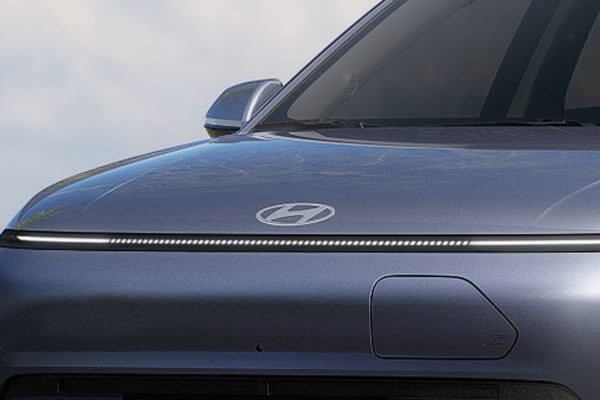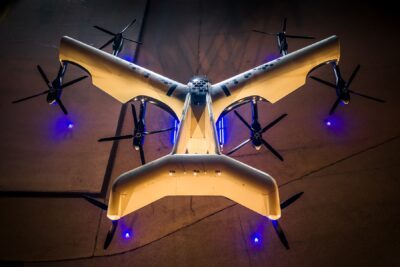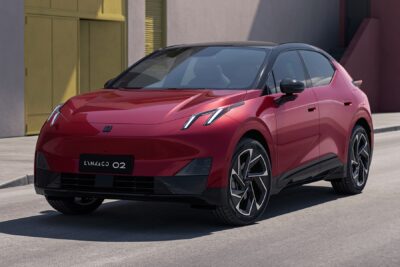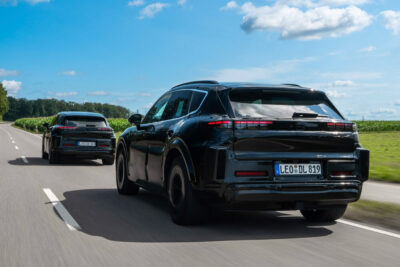Hyundai to build electric car factory in South Korea
Hyundai has announced the construction of an all-electric car plant in Ulsan, South Korea. Construction of the factory is to begin in the fourth quarter of this year and production is to start in the second half of 2025 with an annual capacity of 150,000 electric cars.
This is reported by Korean media, citing official statements exchanged by Hyundai executives with South Korea’s Finance Minister Choo Kyung-ho during a tour of the plant. According to the statements, the carmaker wants to invest 2 trillion won in the factory construction, which is equivalent to about 1.37 billion euros. The new building will be Hyundai’s first new domestic plant in 29 years. The last inauguration of a production plant (the one in Asan) dates back to 1996.
There are hardly any details about the planned pure electric car plant itself. What is clear is that it will be built on a 230,000-square-metre site in Ulsan and equipped with the latest technologies to become a “best-practice example for the future of domestic car production”.
In April, Kia also announced that it would start building a new plant for the production of electric “Purpose Built Vehicles” (PBV). This too is scheduled to come on stream in the second half of 2025 with an annual capacity of 150,000 electric cars. The PBV factory will be built on the site of Kia’s existing Hwaseong plant in Gyeonggi province. The latest media reports also say that Kia is aiming in parallel to convert some of its internal combustion engine vehicle plants at its Gwangmyeong plant in Gyeonggi to EV plants in the first half of the year.
The South Korean government is encouraging this course: Finance Minister Choo Kyung-ho specified at the on-site meeting that companies investing in electric car plants will be supported as well as other “national strategic technologies”, including chips, batteries and vaccines. Specifically, companies investing in EV production facilities will be eligible for tax credits as early as June.
Hyundai Motor Group had only unveiled extensive investment plans in April to become one of the world’s top three electric car manufacturers by 2030. To this end, the South Korean group wants to invest a total of up to 24 trillion won (equivalent to around 16.6 billion euros) to increase production and exports. The group with the brands Hyundai Motor, Kia and the supplier Hyundai Mobis specifically aims to offer a total of 31 electric models, with a large proportion of the battery-electric cars to be built in South Korea.
Part of the announced 24 trillion won (previously there was talk of 21 trillion won) is also to flow into the development of a new e-platform. For the electric cars, the platform is called eM and is expected to debut in 2025. According to an earlier announcement, the eM platform will serve as the basis for electric cars “in all segments” (i.e. from small cars to five-metre-long sedans and SUVs) and will offer 50 per cent more range than the group’s current electric cars. Measured against the Ioniq 5 and Ioniq 6 e-GMP vehicles, this would mean around 750 kilometres for the mid-size crossover and 900 kilometres for the mid-size sedan – based on the WLTP ranges of currently 507 and 610 kilometres respectively.
koreatimes.co.kr, koreajoongangdaily.joins.com, koreaherald.com





0 Comments